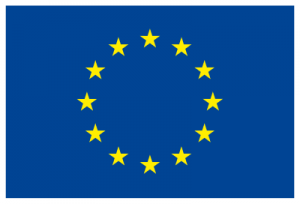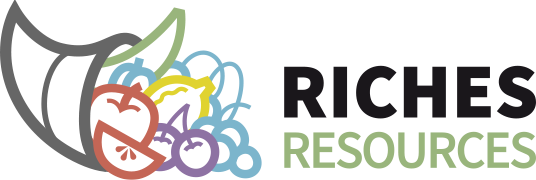Report describing the methodology statement of the development of the book entitled Cultural Heritage in a Changing World. The central purpose of this collection of essays is to make a creative addition to the debates surrounding the cultural heritage domain.
Read More →
This project has received funding from the European Union’s Seventh Framework Programme for research, technological development and demonstration under grant agreement n° 612789.
Digital technologies
D4.3 Structures for community and territorial cohesion
Report examining the role of cultural heritage in relation to community and territorial cohesion It focuses on how cultural heritage resources can be deployed in the construction of localised and spatially defined communities, and, where relevant, it examines the ways in which digital technology is being used in this process.
Read More →European Policy Brief. The Cultural Heritage Institution: Transformation and Change in a Digital Age
This policy brief is concerned with CH institutions in a time of dynamic cultural, social and technological change. Specifically, it considers the multi-faceted impact of DT and the recalibration of the relationship between institutional CH practices and the individual. It advocates that innovation through research and new technologies are essential for bringing the CH of Europe closer to people, the importance of the CH sector to European growth and the recognition of DT as a driver of change in the CH institution.
Read More →RICHES Think Paper 08. Cultural Heritage as fuel for innovation: enabling the power of creation
How is innovation stimulated? Where does CH fit in the innovation process? What is the role of CH creators and managers in the innovation process of a society? How can an innovative environment be nurtured? This Think Paper explores the role of CH in innovation and focuses on the changing digital landscape where CH exists. The main argument is that the digital availability of CH content can serve as trigger to fuel innovation in all sectors of society.
Read More →RICHES Think Paper 06. Museum education with digital technologies: participation and lifelong learning
Education and learning have been a high priority task for museums. Whether informal and unintentional or structured in educational programmes for different kinds of audiences, museum learning focuses on the learner. Rather than knowledge transmission, it builds upon knowledge construction and an active engagement in personal, social and physical contexts. More than knowledge acquisition, learning in museums is engaging and gives a sense of wellbeing.
Read More →RICHES Think Paper 05. Digital heritage: intellectual rights, democracy and commoditisation of cultural heritage places
This Think Paper refects on debates arising from RICHES research regarding the increasing digitisation of cultural heritage places. The analysis highlights concerns about intellectual property rights, democratisation of knowledge and commoditisation of cultural heritage places. It argues that while digital technologies offer new opportunities to experience, consume, conserve and interact with cultural heritage, a balanced approached is needed to ensure the medium plays the role of enhancement rather than replacement or monopolisation.
Read More →RICHES Think Paper 04. Digital Technologies: Re-thinking Turkish Libraries in an Information Society
Digital technology (DT) has had an enormous impact on Turkish society and culture and has introduced many changes in cultural heritage (CH) institutions such as libraries in Turkey. Traditionally used for borrowing books, doing homework or spending free time within a specific restricted timeframe, the introduction of DT has allowed for an expanded service for users with no restrictions of time and place or socio-economic background. For example, the important and extensive history and CH of Anatolia has been digitised and can be accessed online by anyone, at any time and in any place.
Read More →RICHES Think Paper 02. New Forms of Artistic Performances and the Future of Cultural Heritage
How can dance and performance artists interact with digital technologies to create new artefacts and events? How are new skills, which can coexist and complement traditional skills, developing in today’s performing arts landscape? In which ways are cultural expressions from the past being currently reinvigorated and renewed with leading edge digital technology?
Read More →European Policy Brief. Towards a Craft Revival: Recalibrating Social, Cultural, Economic and Technological Dynamics.
This policy brief makes recommendations for unlocking the potential of the craft sector and craft skills, with a focus on maximising their economic value without undermining their social and cultural value. Policy recommendations are formulated from an holistic perspective, which recognizes the interplay of social, cultural, economic, legal and technological dynamics in determining the standing of craft, and realising its potential.
Read More →D5.2 Place-making, promotion and commodification of CH resources
Report examining whether locations have coherent strategies to appeal to consumers using cultural resources and attributes such as place promotion, product and quality. Analysis focuses on the contemporary influences and contribution of digital technologies in the exploitation of cultural heritage.
Read More →